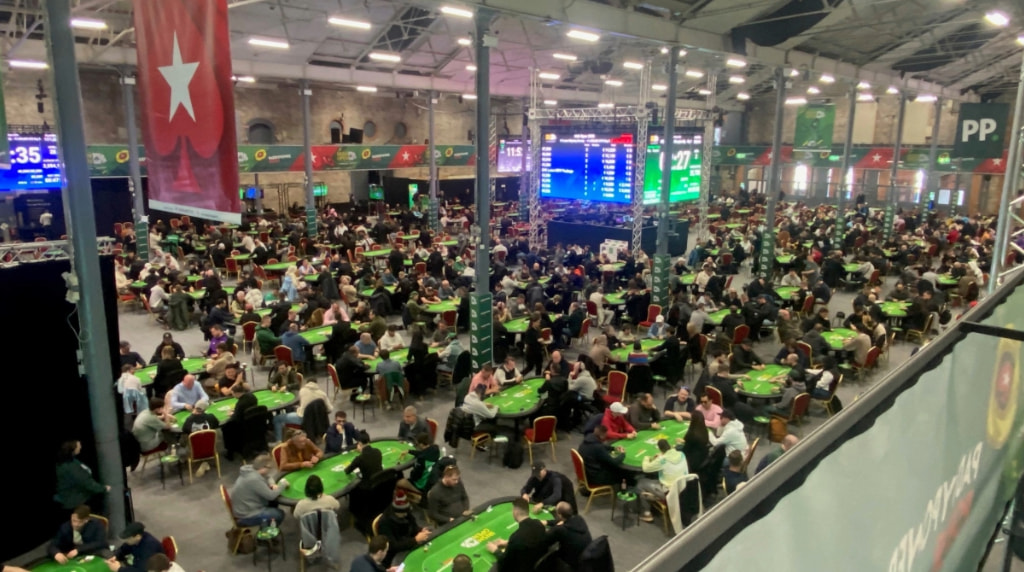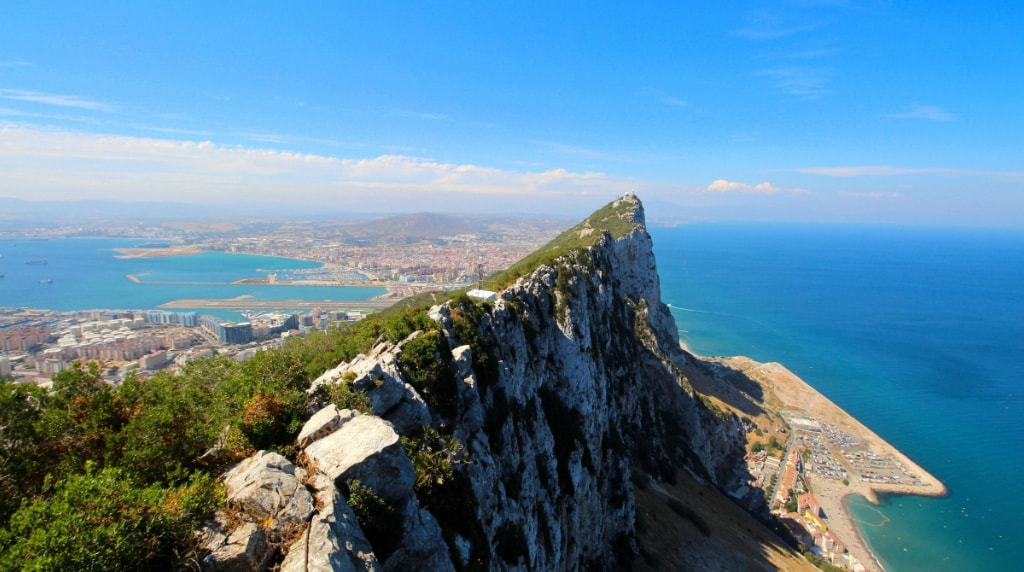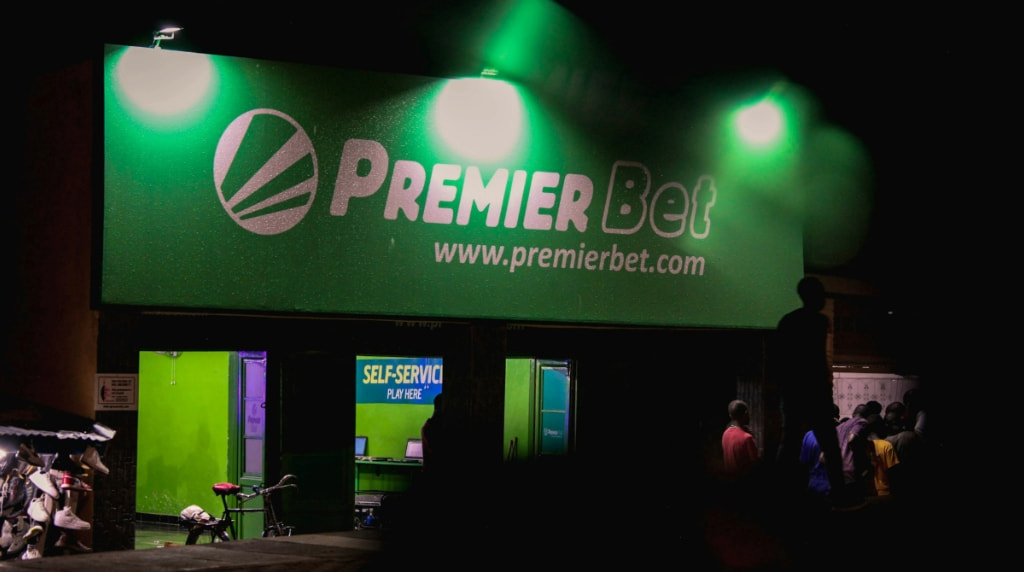Chilean Town Combats Illegal Casino Activity
With or without the presence of casino regulation, illegal casinos are an ongoing issue in Latin America. This matter is currently showcased in the Chilean city of Valdivia, which is actively fighting to shut down illegally operating gaming houses. The circumstances in Chile are more particular due to the lack of clear federal regulation. However, there are some ways Valdivia can fight to reduce the proliferation of unlicensed gaming.

Valdivia is one Chilean municipality that shows promise in fighting illegal casinos, so-called “casinos populares,” with the help of the chain Dreams.
©Camilo Pinaud/Unsplash
How is this issue affecting Valdivia?
Valdivia — a city and commune — is located in central Chile amidst three rivers. The city sports a variety of offerings for locals and visitors alike, and is currently home to at least 150,000 inhabitants according to the most recent census in 2017.
Chile currently does not have clear federal gaming regulations to oversee casino activity, so it is up to the Judicial branch to make decisions about unlicensed casino activity. If condemned, pop-up gaming houses and places with established machinery can face police intervention, machine seizure, and being shut down by local authorities. In some cases, the matter may escalate with imprisonment and the paying of fines.
In the case of Valdivia, the established casino chain Dreams is also involved, offering support to close down illegally operating establishments. Dreams is invested in fighting illegal activity because it has a location in Valdivia as well, which is operated under its company, Sociedad Casino de Juegos Valdivia SA.
Sociedad Casino de Juegos Valdivia SA therefore filed a complaint in Valdivia, citing the existence of multiple gaming locales in the municipality. These are commonly referred to as “casinos populares” or “popular casinos.” Dreams’ complaint specifically mentioned slot machine activity at these premises.
Part of the debate around these locales is the distinction between games of skill and games of chance. Currently, the popular casinos present slot machine games as skill games, when in fact there are games of chance and thus under different legislation.
Working on the side of Dreams is Carlos Silva Alliende, a prosecutor with the official post of Corporate Affairs Manager for the casino company. Silva spoke to local news to confirm that the complaint cites a total of eight Valdivian locations and eight in Coyhaique, a city located in the south of Chile.
Silva spoke about Dreams’ experience working with municipal authorities, and specifically that of Valdivia, which he referred to as willing to fight this type of crime. In fact, according to Silva, the experience with Valdivia has been better than with other communities, thanks to support from the local mayor and police forces.
Silva also explained more of the legal process that this situation must abide by. It is not a simple one, since there are layers of laws to refer to, first from the overall Chilean Penal Code, then further casino laws, gaming laws, and at last, the office of the Comptroller. According to the Comptroller, the municipal authorities must go back to ask the Superintendence of Casinos for reports regarding the slot machines in question.
These reports will confirm if the machines on the 16 premises are indeed considered to be slot machines, based on established standards. If the locations do not have the right licenses for the machines they offer, based on these distinctions, then legal action can be taken.
What makes Valdivia a special case again is that the local government has not given many licenses at all. In fact, Silva says they have been careful to not offer incorrect licenses. That means most of the locations will most likely be found to be operating under the wrong license or no license at all, both legally actionable offenses.



